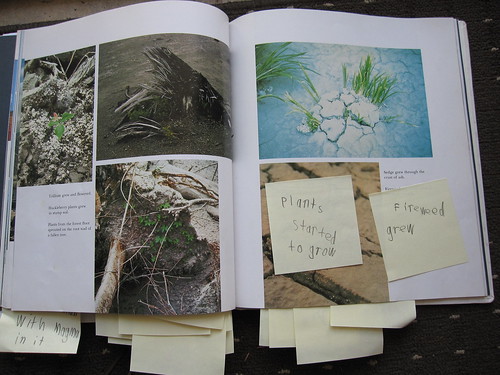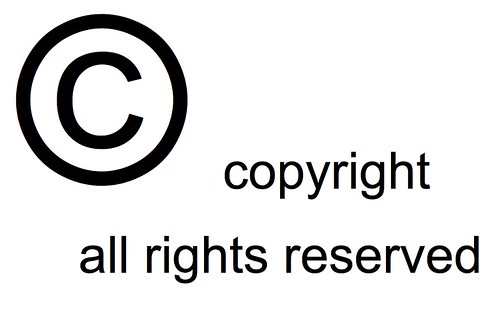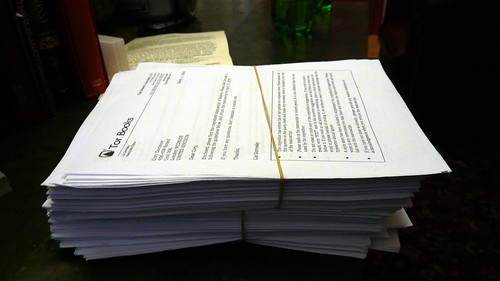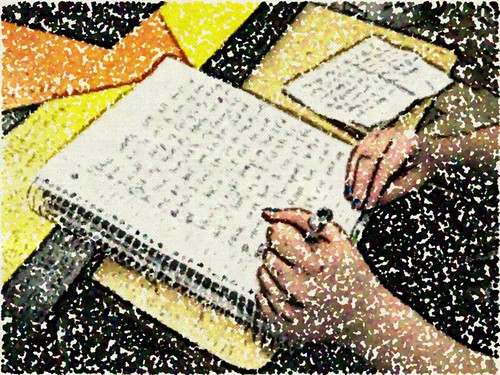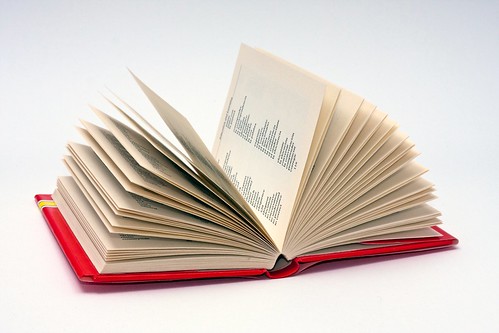Now that you've established the setting for your story, you can draw from a rich well of knowledge to make every scene authentic. But if your plot doesn't follow a logical course, readers aren't going to care about the rich backgrounds you paint with your words. For the plot to feel authentic, you're going to have to do your homework. Yes, it's time for even more research. Get it done before you start putting words down on the page.
Plot Points
If it's in your plot, you should research it. This is especially important for writers in the historical and mystery genres. If, for instance, a devastating act of nature wreaks havoc with your characters try to link it to an actual event and study that event. Look at similar events and their effects, and how the problems were handled. If your plot includes a horrific fire, do some research into firefighting procedures to describe the scene in vivid detail. Medical conditions, the effects of stress on the body, what foods taste like -- you can find answers to the most mundane and complex questions on the Internet. It's a tool, so start using it to make all your writing more accurate. Accurate writing feels real to the reader, and helps to paint scenes that truly bring your work to life.
How long does it take a broken bone to heal, for stitches to come out? If your characters get injured, these answers become important. Readers will pick up on inaccuracies in even the littlest details, so take the time to do the research and make sure you know what you're talking about. You should never be writing just to be writing -- your words are always going somewhere, driving the story forward. It's important that those words be correct to make your plot more genuine. Readers identify with realities, and even in fantasy books there are always certain truths and parallels that set the great books apart from all the rest.
Plot Points
If it's in your plot, you should research it. This is especially important for writers in the historical and mystery genres. If, for instance, a devastating act of nature wreaks havoc with your characters try to link it to an actual event and study that event. Look at similar events and their effects, and how the problems were handled. If your plot includes a horrific fire, do some research into firefighting procedures to describe the scene in vivid detail. Medical conditions, the effects of stress on the body, what foods taste like -- you can find answers to the most mundane and complex questions on the Internet. It's a tool, so start using it to make all your writing more accurate. Accurate writing feels real to the reader, and helps to paint scenes that truly bring your work to life.
How long does it take a broken bone to heal, for stitches to come out? If your characters get injured, these answers become important. Readers will pick up on inaccuracies in even the littlest details, so take the time to do the research and make sure you know what you're talking about. You should never be writing just to be writing -- your words are always going somewhere, driving the story forward. It's important that those words be correct to make your plot more genuine. Readers identify with realities, and even in fantasy books there are always certain truths and parallels that set the great books apart from all the rest.






